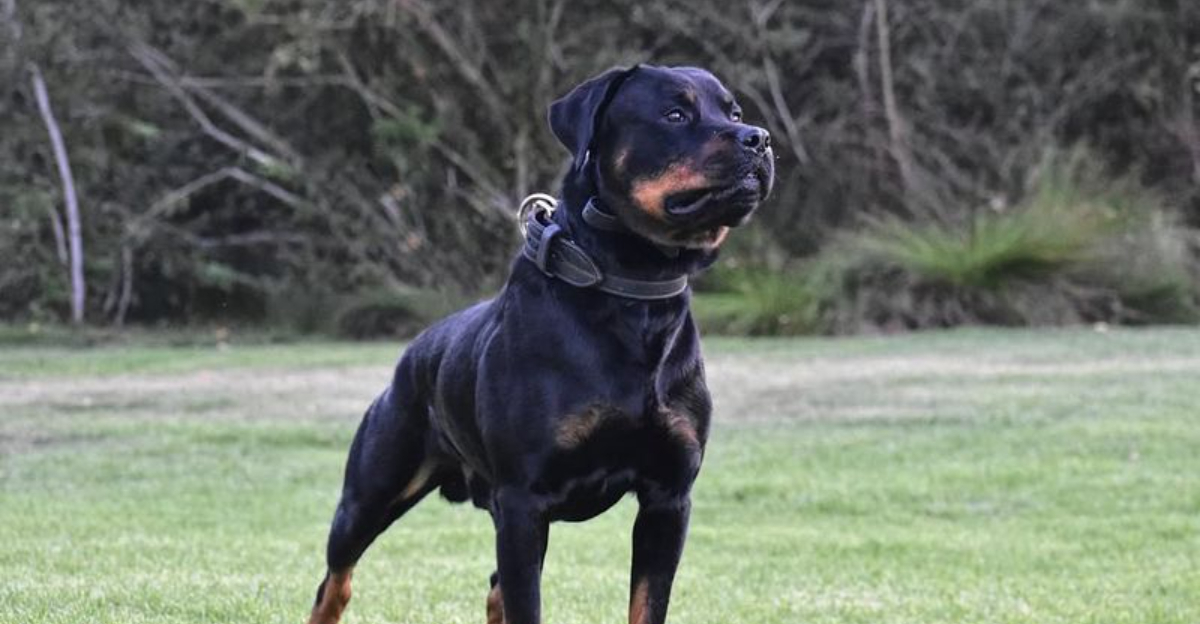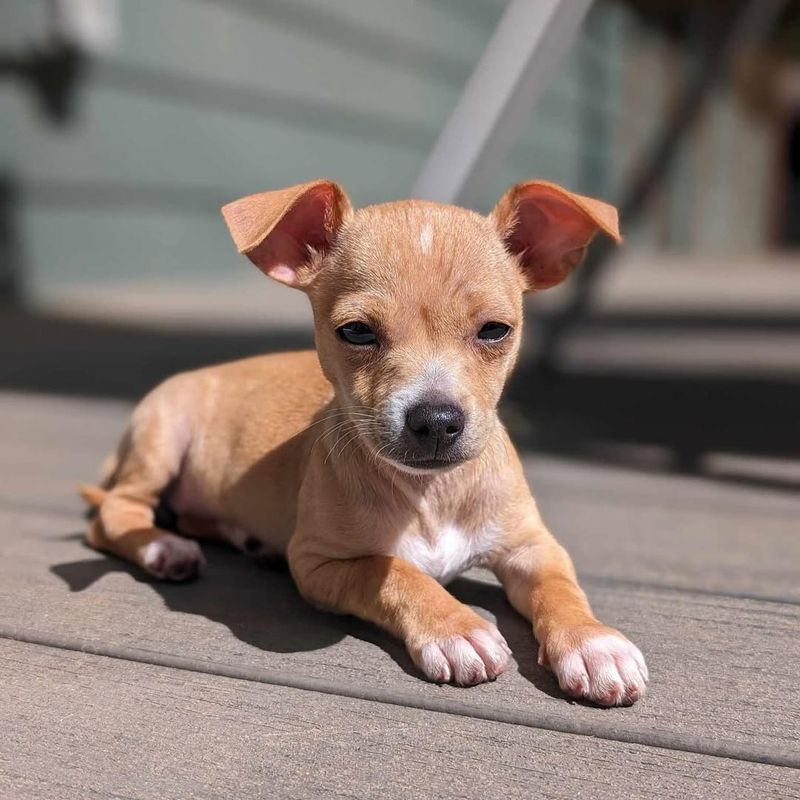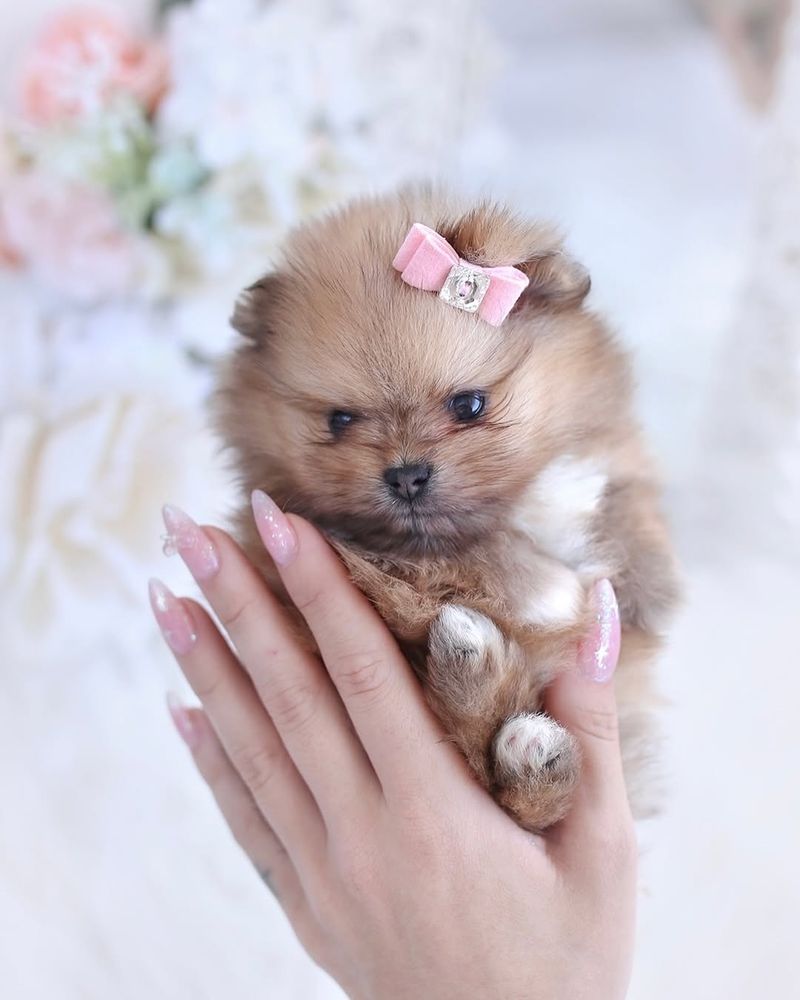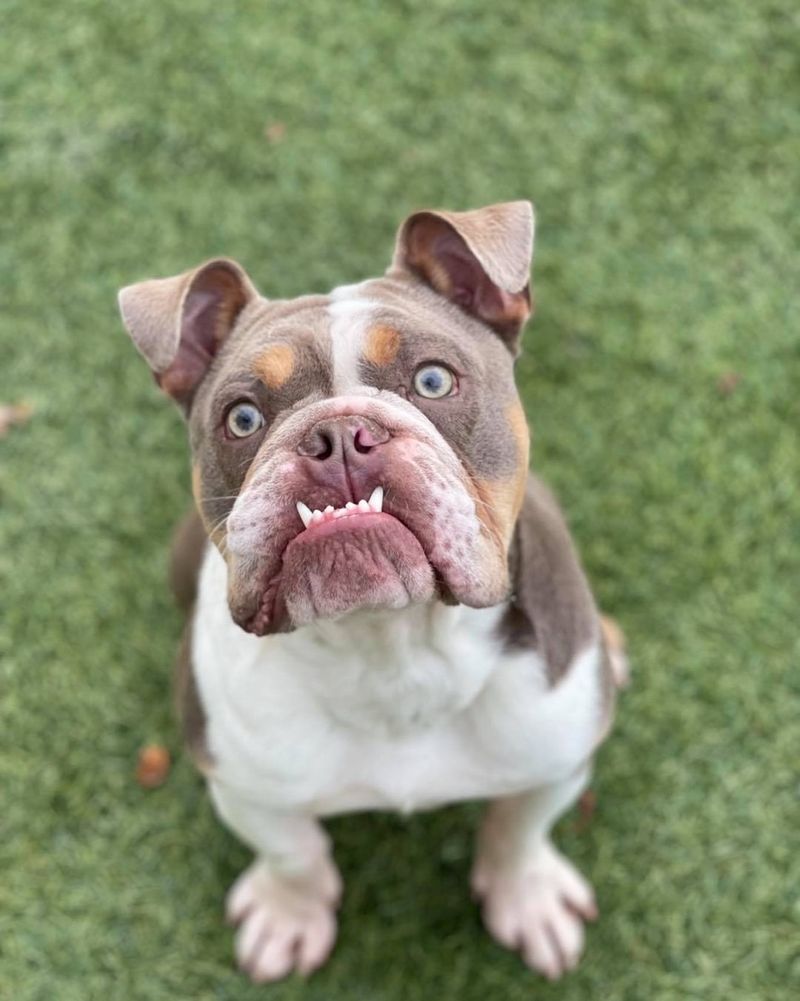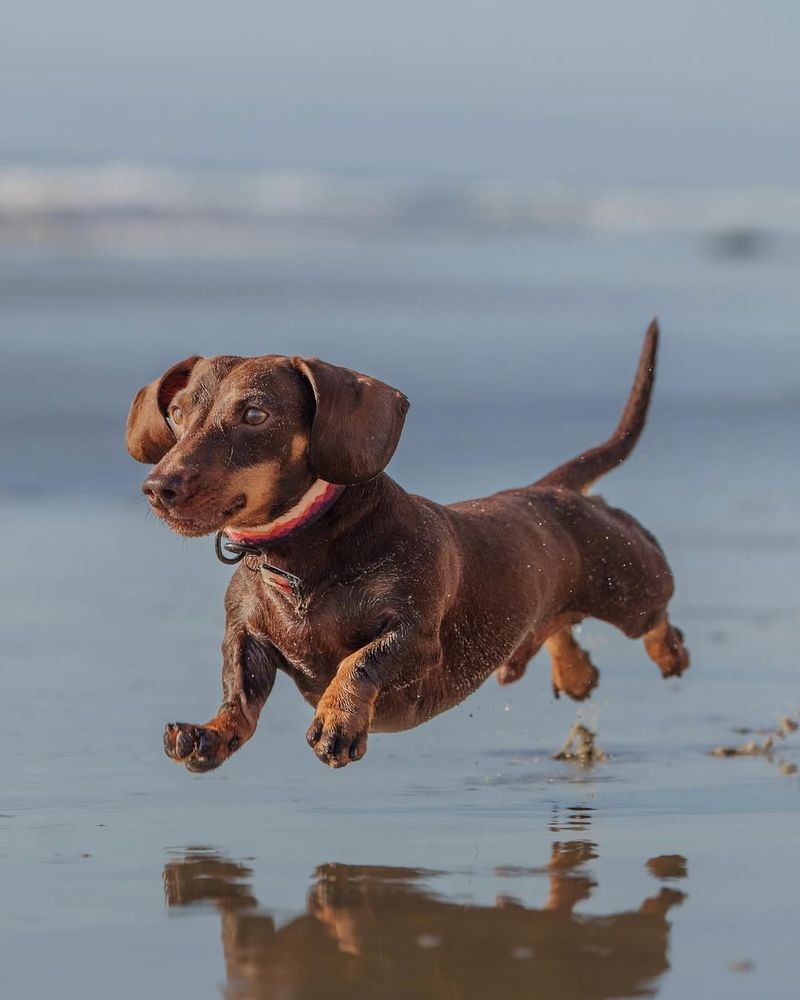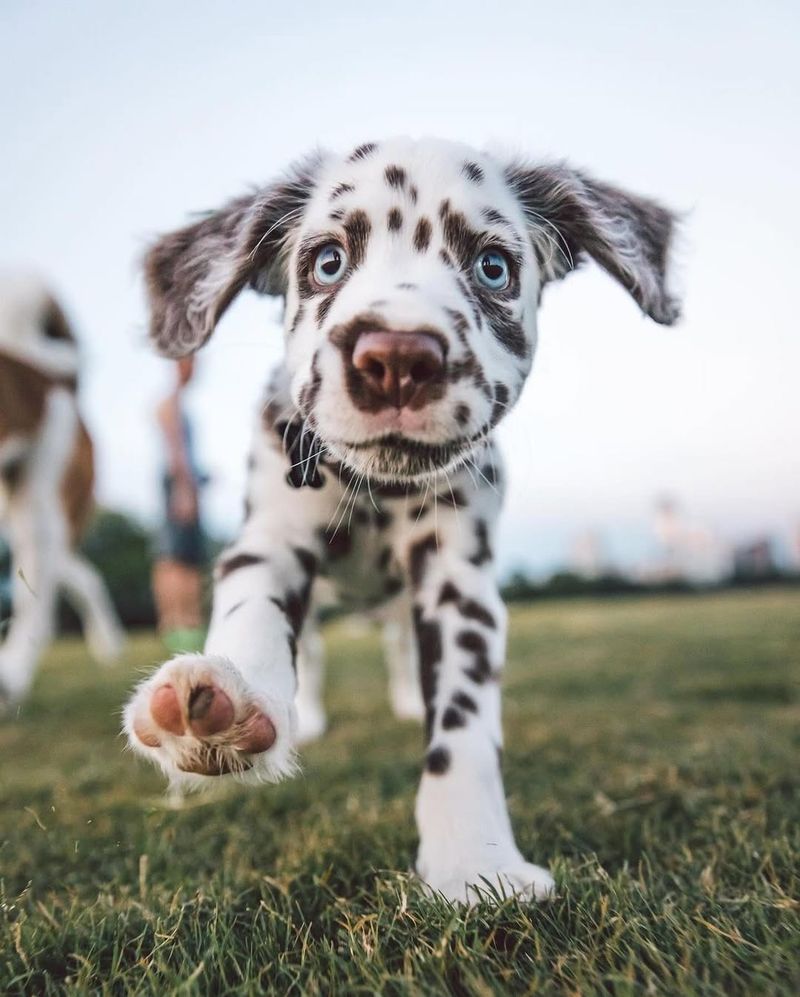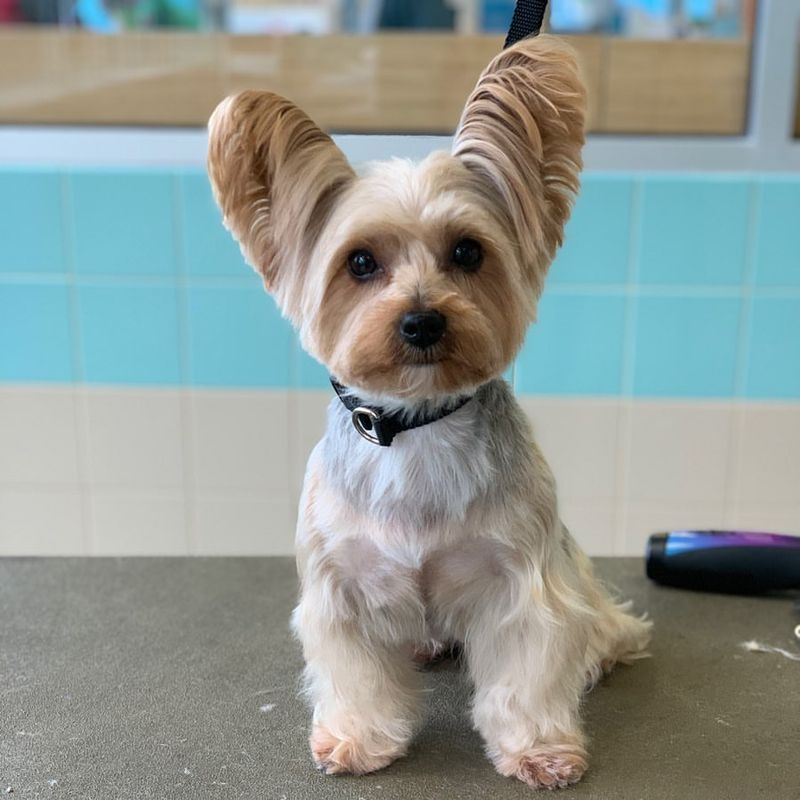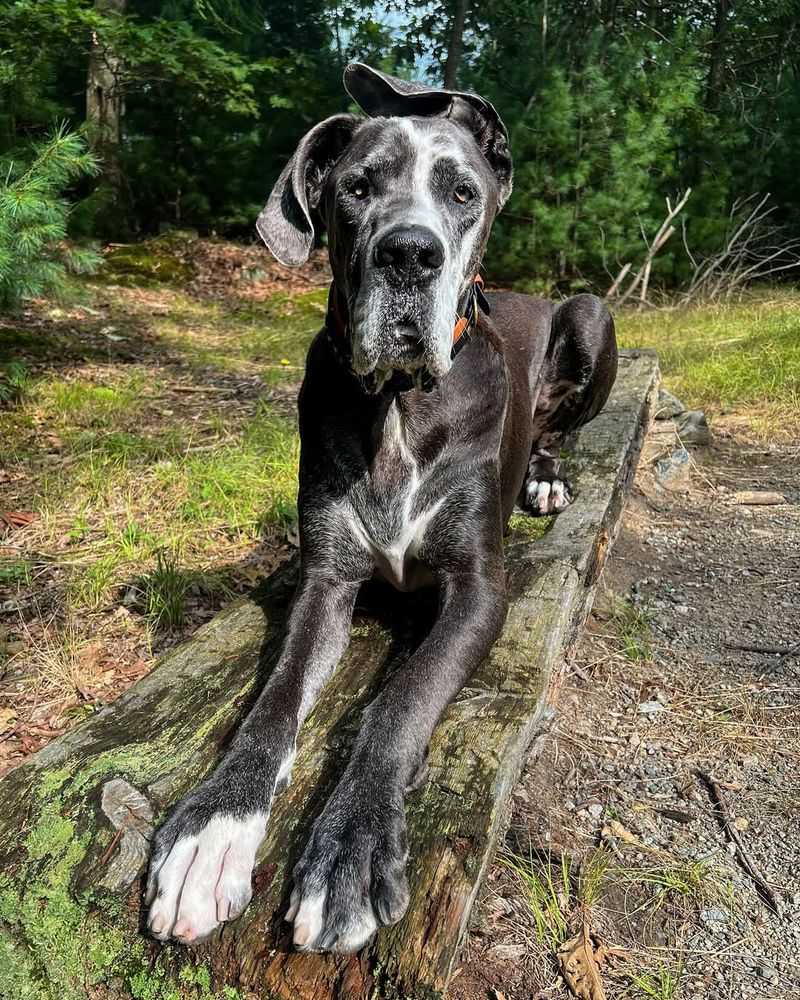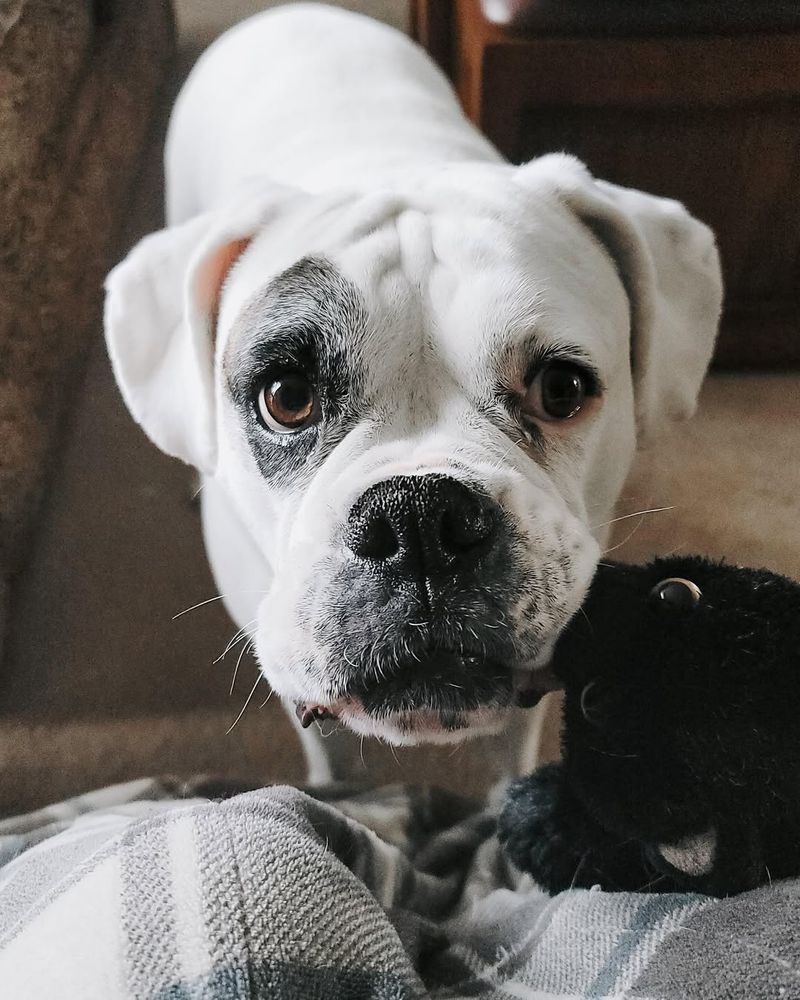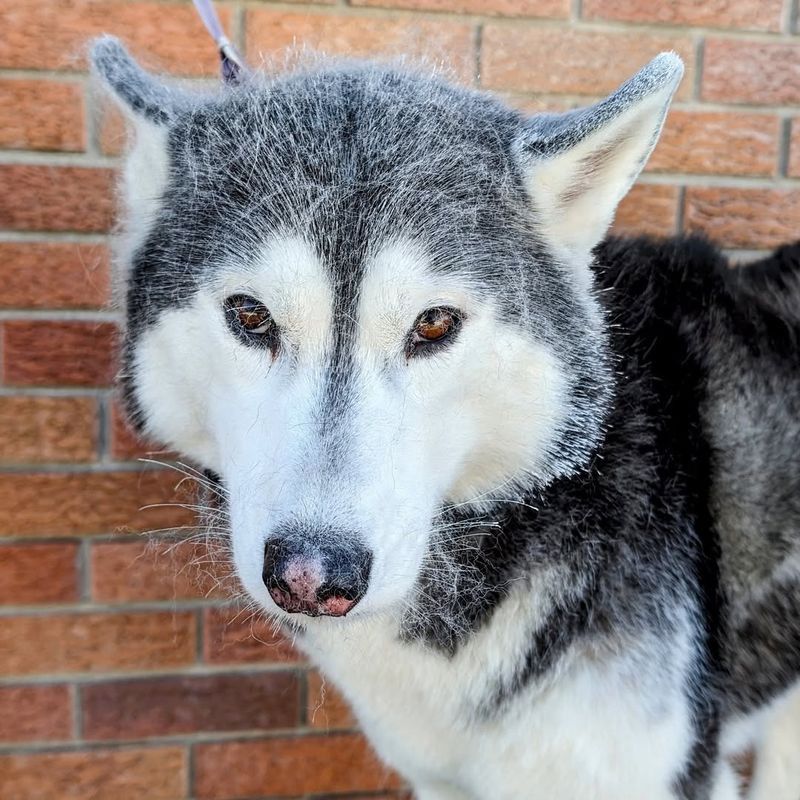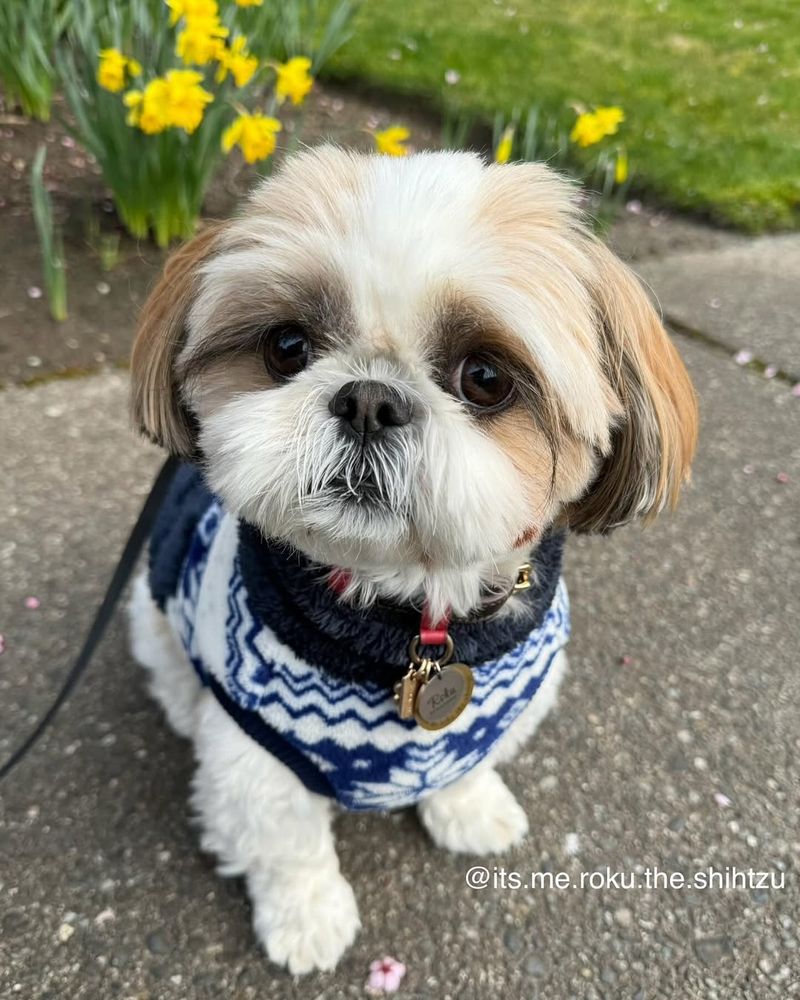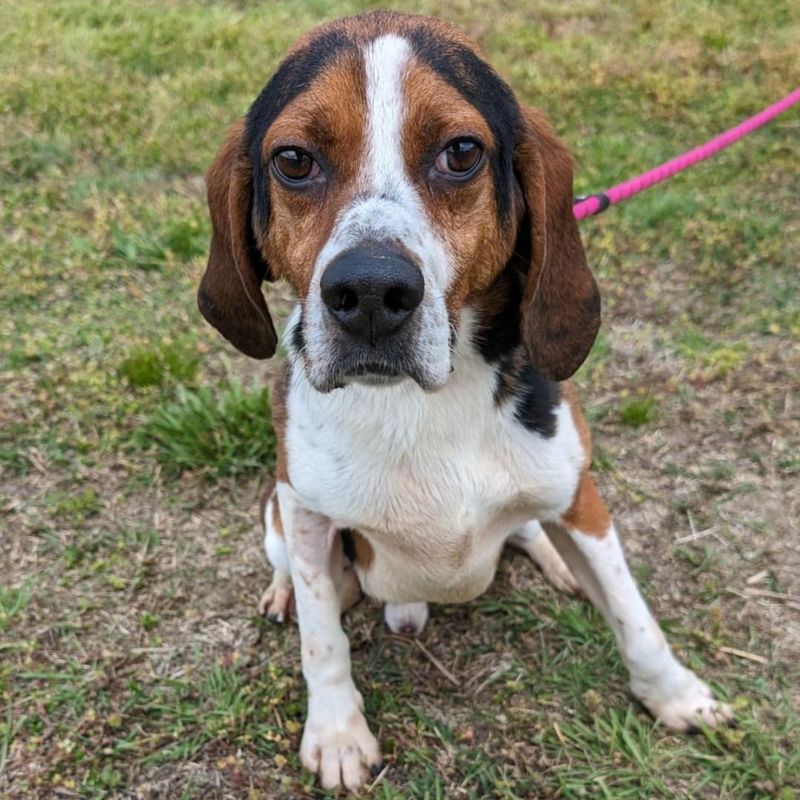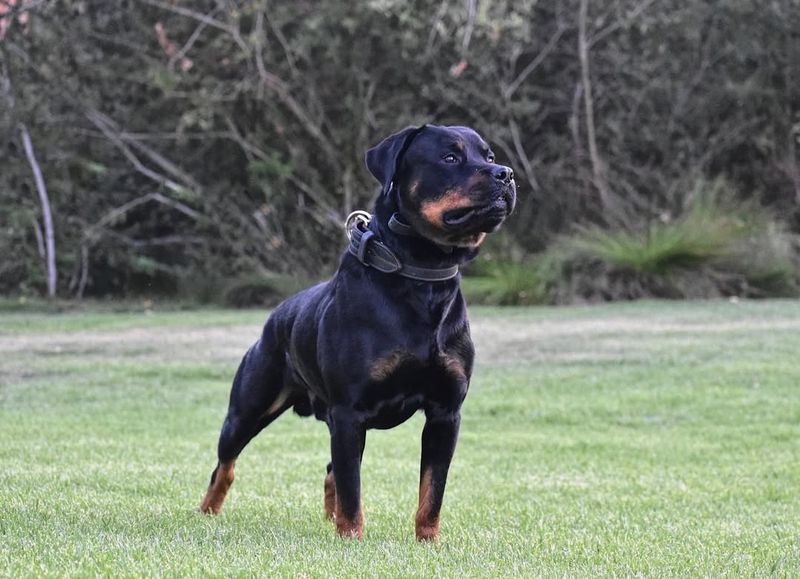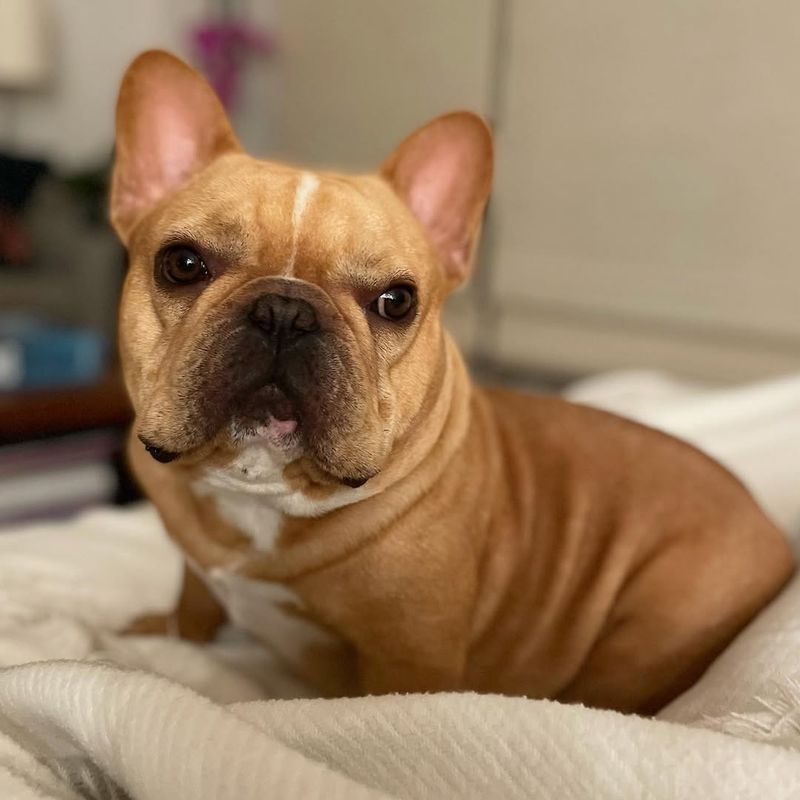While dogs are often hailed as man’s best friend, not every breed lives up to the hype surrounding it. Some breeds, despite their popularity, might not be the perfect fit for everyone. Whether it’s due to health issues, care requirements, or temperament, these overrated breeds may not meet the widespread expectations.
Chihuahua
Chihuahuas are often adored for their compact size and seemingly easy maintenance. However, they can be notoriously yappy and difficult to train. These little dogs often have big personalities, which can translate into stubbornness. Owners may find themselves with a pet that has a strong will, requiring patience and consistency in training. Additionally, Chihuahuas can be prone to specific health issues like dental diseases and patellar luxation due to their small size. If you’re considering this breed, be prepared to invest time in training and vet visits. Their small stature demands extra care and attention.
Pomeranian
The Pomeranian, with its fluffy coat and lively demeanor, is a favorite for many. Yet, their high-maintenance grooming needs can be overwhelming. Regular brushing is a must to prevent matting, and they are prone to dental issues. Despite their small size, Pomeranians require consistent mental and physical stimulation, or they might develop behavioral problems. Their bark can be surprisingly loud, which may not be ideal for apartment living. Owning a Pomeranian means committing to regular grooming sessions. Their spirited nature also means they need ample engagement to avoid becoming too territorial.
Bulldog
Bulldogs are known for their distinctive appearance and calm demeanor. However, their health can be a major concern. Breathing problems due to their brachycephalic nature make them prone to heatstroke. Furthermore, Bulldogs often face skin issues and joint problems, necessitating regular vet visits. They may require a specific diet to manage their weight and avoid obesity-related diseases. Despite their laid-back personality, potential owners should know about their health risks. Bulldogs also need a living environment where temperature is controlled to ensure their comfort.
Dachshund
The Dachshund, with its unmistakable elongated body, is charming yet challenging. Prone to back problems, particularly intervertebral disc disease, they require cautious handling. Jumping off furniture can exacerbate health issues. They’re known to be stubborn, making training more demanding for some owners. Despite their small size, they have a surprisingly loud bark, which might not be suitable for close-knit living spaces. Regular exercise is crucial to keep them healthy and mentally stimulated. Owners need to be vigilant about their Dachshund’s activities to prevent injury and manage their spirited energy.
Dalmatian
Dalmatians are iconic with their striking spotted coats, but they can be more demanding than expected. Known for high energy levels, they need regular, vigorous exercise to remain content. Without it, they can become restless and destructive. Dalmatians are also prone to deafness and urinary stones, which require careful management. They need a committed owner who can provide consistent training and physical activities. If you’re considering a Dalmatian, be prepared for an active lifestyle. Their health considerations and energy demands can be challenging for the unprepared.
Yorkshire Terrier
Yorkshire Terriers, or Yorkies, are often seen as perfect lap dogs with their small size and elegant appearance. However, their grooming requires commitment, as their long, silky coats need regular care. Yorkies can be assertive, often forgetting their small size, which may lead to confrontations with bigger dogs. They require consistent training to manage their bold temperament. Despite their size, they possess a strong need for mental stimulation and exercise. Owners should be prepared to invest time in grooming and providing engaging activities to keep their Yorkie happy and healthy.
Great Dane
Great Danes are known for their gentle giant demeanor and imposing size. However, their size can be a challenge in itself, requiring ample living space and a strong owner for handling. Health issues such as bloat and hip dysplasia are common, which can lead to costly vet bills. They have relatively short lifespans, which can be emotionally challenging for owners. Despite their affectionate nature, potential owners must be ready for the responsibilities that come with owning such a large breed. Great Danes demand a commitment to proper care and regular health check-ups.
Boxer
Boxers are valued for their playful and energetic nature. Yet, this energy requires a diligent owner ready to provide ample exercise to prevent behavioral issues. Boxers are prone to health problems like heart conditions and cancers. Their short coats mean they are sensitive to extreme temperatures, needing a controlled environment. Training can be challenging due to their exuberance, requiring consistency and patience. Potential owners should be prepared for a lifetime commitment to exercise and health management. Boxers thrive with families who can keep up with their lively and engaging personalities.
Husky
Huskies are admired for their striking looks and energetic nature but are not suited for every household. Known for their strong-willed and independent personalities, they require an owner experienced in handling similar breeds. Their high energy levels demand daily exercise and mental stimulation. Huskies are prone to escaping and can be challenging to train due to their stubborn nature. They shed heavily, requiring regular grooming. Potential owners should ensure they can meet the breed’s demands before committing. Huskies are best suited for active families who can provide ample exercise and engagement.
Pekingese
Pekingese dogs exude a noble presence with their flowing coats and dignified appearance. However, their grooming needs are extensive, requiring regular brushing and maintenance. With a brachycephalic structure, they are prone to breathing difficulties and overheating. Pekingese are typically independent, which can translate to stubbornness, making training a challenge. They thrive in calm home environments but might not be ideal for active households. Owners should prepare for frequent grooming sessions and be mindful of their health needs. Pekingese require a tranquil setting to truly flourish.
Shih Tzu
Shih Tzus, with their cute faces and luxurious coats, often attract admirers. Their grooming is a significant commitment, needing regular brushing to prevent matting. Additionally, their brachycephalic nature can lead to breathing problems, requiring careful health management. Despite their small size, Shih Tzus are known for their strong personalities, sometimes leading to training challenges. They are best suited for owners who can dedicate time to grooming and health care. Potential owners should prepare for the time and effort needed to maintain their health and appearance.
Beagle
Beagles are loved for their friendly and curious nature. However, their strong scent tracking instincts can lead them astray, requiring a secure environment. Training can be a challenge due to their independent streak, often needing creative methods to keep their attention. Beagles are prone to weight gain, necessitating a balanced diet and regular exercise. Their loud bay can be disruptive in quiet neighborhoods. Prospective owners should be prepared for a potentially noisy, yet loving companion. Keeping them engaged and active is key to a happy Beagle.
Rottweiler
Rottweilers, with their powerful builds and protective nature, are often seen as ideal guard dogs. However, they require an experienced owner to manage their strength and assertiveness. Without proper training and socialization, they can become overly protective and challenging to handle. Health issues like hip dysplasia and heart conditions are common, needing regular vet visits. Rottweilers thrive in structured environments where they receive clear guidance and training. Potential owners should be committed to ongoing training and health care. They are best suited for those confident in managing large, powerful dogs.
French Bulldog
French Bulldogs are favored for their compact size and charming personalities. However, their brachycephalic structure leads to breathing difficulties and susceptibility to heatstroke. They often face allergies and skin conditions, demanding attentive care. French Bulldogs thrive on companionship but can develop separation anxiety if left alone for long periods. Training requires patience, as they tend to be stubborn. Owners must be vigilant about their health and environmental comfort. French Bulldogs are ideal for those seeking a loyal companion while being prepared for their specific health and care needs.
